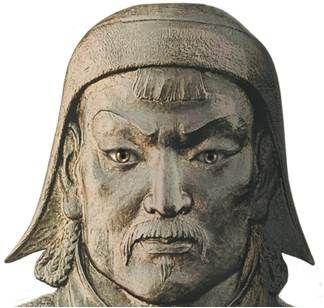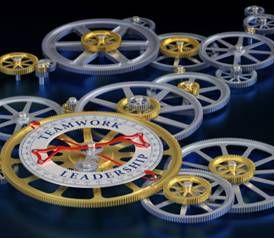I first met Tom when I was asked by his manager to undertake some coaching sessions with him. Tom was perhaps one of the most creative people I have ever encountered. He worked as a graphic designer for a medium sized company. His work was held in high esteem and he was very well paid – but no one who worked in the co mpany knew him well. He preferred to work alone with as little communication with others as possible. To accommodate Tom’s needs he was given his own office in a company where most staff worked in open plan offices.
mpany knew him well. He preferred to work alone with as little communication with others as possible. To accommodate Tom’s needs he was given his own office in a company where most staff worked in open plan offices.
However, as the business had grown, Tom had to increasingly work as part of project teams. This required Tom to communicate more often with other team members and to attend team meetings which needed his active verbal participation. Tom strongly resisted this and had actually spoken to his boss about resigning. Not wanting to lose him, Tom’s boss had asked Tom to attend some coaching sessions with me and Tom had reluctantly agreed. His boss told me he thought that Tom was very shy and lacked confidence in his creative ideas.








